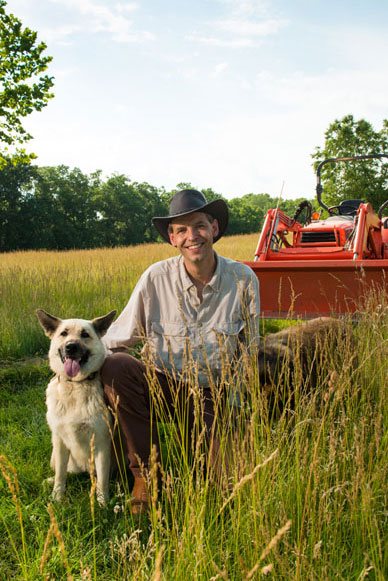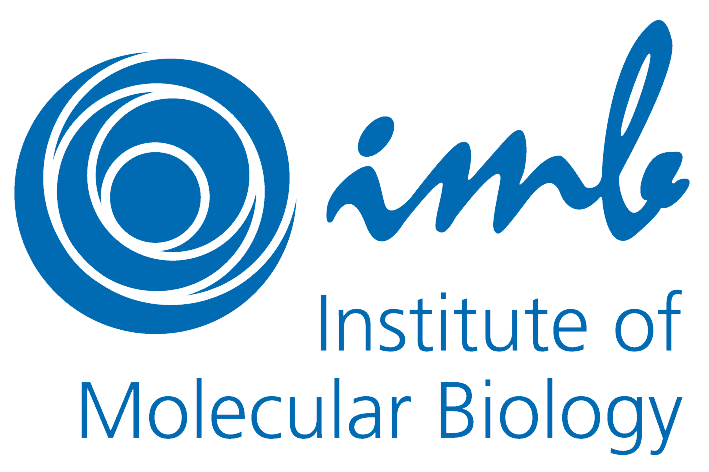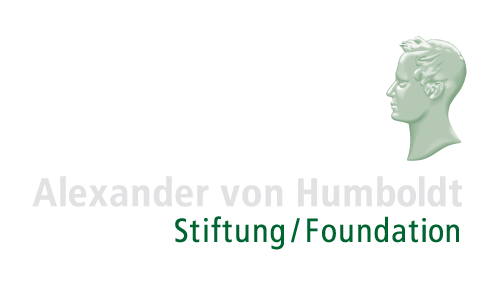Quick Facts
Affiliations:
- Howard Hughes Medical Institute
- Stowers Institute for Medical Research
- The University of Kansas Medical Center
Education:
B.A. in Zoology from Pembroke College, Cambridge University
M. Phil. at the Wellcome/CRC Institute with Dr. Steve Jackson
Ph. D. in Biochemistry from Imperial Cancer Research Fund, Clare Hall Laboratories with Dr. Steve West
Post-doctoral work at the University of Colorado Boulder with Dr. Tom Cech
Peter Baumann is an Alexander von Humboldt Professor at Johannes Gutenberg-Universität (JGU) Mainz, an Adjunct Director of the Institute for Molecular Biology (IMB), and holds an affiliate appointment as a Professor in the Department of Molecular and Integrative Physiology at Kansas University Medical Center. Previously, he was a Howard Huges Early Career Scientist and a Howard Hughes Medical Institute Investigator. Peter was the the inaugural recipient of the Priscilla Wood Neaves Endowed Chair in the Biomedical Sciences.
A native of Germany, Peter started his undergraduate in Bayreuth, a picturesque university town in Southern Germany. After completing his Vordiplom, Peter moved to Cambridge (U.K.) as part of an initiative by the Studienstiftung des Deutschen Volkes (German National Merit Foundation) and the Edmond Rothschild Foundation to promote academic exchange among European countries. A member of Pembroke College, Peter obtained his B.A. in Zoology and has fond memories of working with Dr. Helen Skaer on the involvement of the Drosophila EGF receptor homologue (DER) in the development of the Malpighian tubules.
The following year, he joined Dr. Steve Jackson’s group at the Wellcome/CRC Institute (now Wellcome Trust/Cancer Research UK Gurdon Institute) to study the transcriptional apparatus in archaea. The Institute in general, and the adjacent labs of Steve Jackson and Tony Kouzarides in particular, provided a friendly and stimulating environment for research. Peter’s work on basal transcription factors in thermophilic Pyrococcus and Sulfolobus species contributed to the realization that the transcriptional machinery in these ancient organisms is fundamentally similar to the one in human cells.
In 1994, Peter moved to the laboratory of Dr. Stephen West at the Imperial Cancer Research Fund, Clare Hall Laboratories (now part of The Francis Crick Institute, London). Over the next four years he purified and characterized several factors involved in homologous recombination and DNA repair in human cells. Peter could not imagine a better place for having been a graduate student than the Clare Hall Laboratories. Rarely does one find such a high concentration of outstanding laboratories in close proximity to each other. The atmosphere was terrific – scientifically as well as socially. Based on his research at the Clare Hall Laboratories, Peter earned a Ph.D. in Biochemistry from the University of London in 1998.
The same year Peter received a Wellcome Prize Traveling Research Fellowship from the Wellcome Trust UK to carry out postdoctoral research with Dr. Tom Cech, a Nobel Laureate at the University of Colorado in Boulder. The exceptional success of the laboratory seemed to be founded on a work-hard-play-hard attitude and long days in the lab alternated with time spent rock climbing, hiking and skiing in the Rocky Mountains. During his time in Boulder, Peter’s research interests expanded into the area of telomeres and the fundamental question of how chromosome ends are distinguished from DNA breaks. In 2000, Peter discovered telomere end binding proteins in fission yeast and human cells. Deletion of the gene in yeast led to rapid loss of telomeres, chromosome fusions and death of most cells. Based on these phenotypes he named the protein Pot1 for Protection Of Telomeres.
Peter joined the Stowers Institute as an independent investigator in June 2002 where he continues his research into telomere maintenance and chromosome stability using both fission yeast and mammalian cells. For more details on Peter’s current research, click see the research tab above.
Peter is an alumni of the Pew Scholar in Biomedical Sciences Program and the recipient of a Basil O’ Connor Scholar Research Award from the March of Dimes. He enjoys working closely with students, postdocs, and technicians and spends most of his time on research. Over the last few years, the lab has been involved in various training programs at the undergraduate and graduate level in partnership with universities in the US, China, and Europe.






